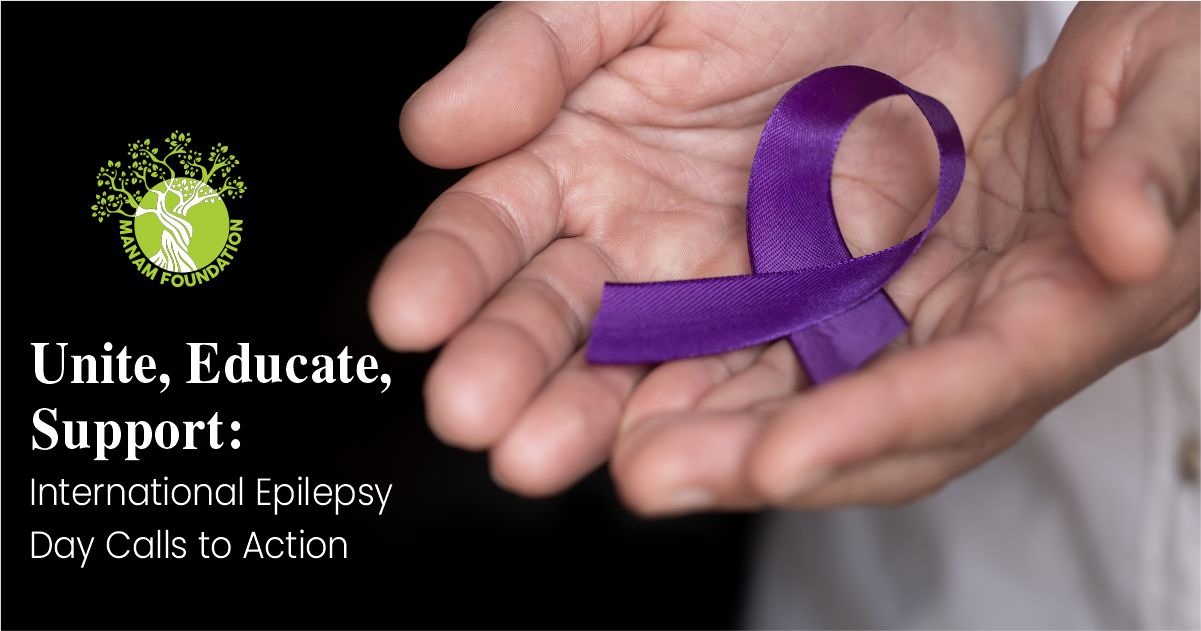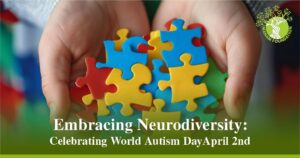Unite, Educate, Support: International Epilepsy Day Calls to Action
Imagine a life where every flicker of light, every sudden sound, or even a moment of intense emotion could trigger an uncontrollable electric storm in your brain. This is the reality for millions around the globe living with epilepsy. Epilepsy isn’t just a single disorder, it’s a spectrum of neurological conditions characterized by recurrent seizures. These seizures vary widely in intensity, duration, and manifestation.
Picture this: you’re at a crowded cafe, enjoying a cup of tea and conversing with friends. Suddenly, your muscles stiffen without warning, and your body convulses uncontrollably. Your mind is trapped with confusion and as far as you lose consciousness, you are unaware of the surroundings. This is just one of the scenarios someone with epilepsy might face.
According to the Centers for Disease Control and Prevention, 3.4 million people have epilepsy nationwide: 3 million adults and the rest children. Despite its prevalence, epilepsy remains widely misunderstood leading to stigma, discrimination, and barriers to proper care. People are not even educated about what epilepsy means. Thus International Epilepsy Day, observed on the second Monday of February each year, aims to raise awareness, promote understanding, and advocate for the rights of individuals living with epilepsy. It is organized by the International Bureau for Epilepsy(IBE) and the International League Against Epilepsy(ILAE).
Education is the key to World Epilepsy Day and beyond. Dispelling myths and misconceptions surrounding epilepsy fosters understanding and empathy. Also, did you know that epilepsy is not contagious and that many individuals with epilepsy lead fulfilling lives with proper management and support? I believe by sharing proper and accurate information, we can combat stress and create a more inclusive society for all.
Education is the key to World Epilepsy Day and beyond. Dispelling myths and misconceptions surrounding epilepsy fosters understanding and empathy. Also, did you know that epilepsy is not contagious and that many individuals with epilepsy lead fulfilling lives with proper management and support? I believe by sharing proper and accurate information, we can combat stress and create a more inclusive society for all.
Epilepsy is not a psychological condition but it can place people living with epilepsy at a greater risk of developing one. People living with epilepsy have a greater risk of developing various psychological conditions such as depression and anxiety which can even lead to disorders.
Furthermore, Epilepsy Day serves as a platform to advocate for improved healthcare services and research funding. This year, 2024, the Internationa; epilepsy day theme was “Milestones on My Epilepsy Journey”. This theme emphasized highlighting personal achievements despite the challenges brought by the condition. It also aimed at encouraging individuals to break the silence and share their stories.
What can be done?
1. Empowering those affected to share their stories and experiences can break down the barriers and inspire others facing similar challenges.
2. Educating people about the condition and prevalence of epilepsy in schools, universities, and communities through role lays, art shows, and workshops.
3. Investing in research initiatives aimed at unraveling the complexities of epilepsy and developing innovative therapies for improved outcomes.
4. Utilizing social media platforms effectively to advocate for support and care for those living with epilepsy.
5. Being a good human by being patient and understanding when someone with epilepsy has a seizure by staying calm or getting help.
Together let us make a difference and create a more inclusive world where everyone,
regardless of their medical condition can thrive peacefully





